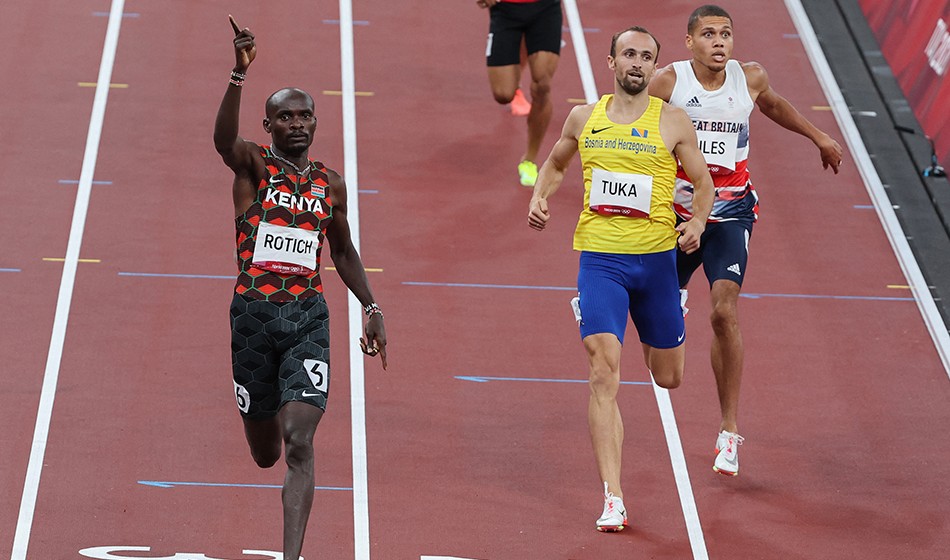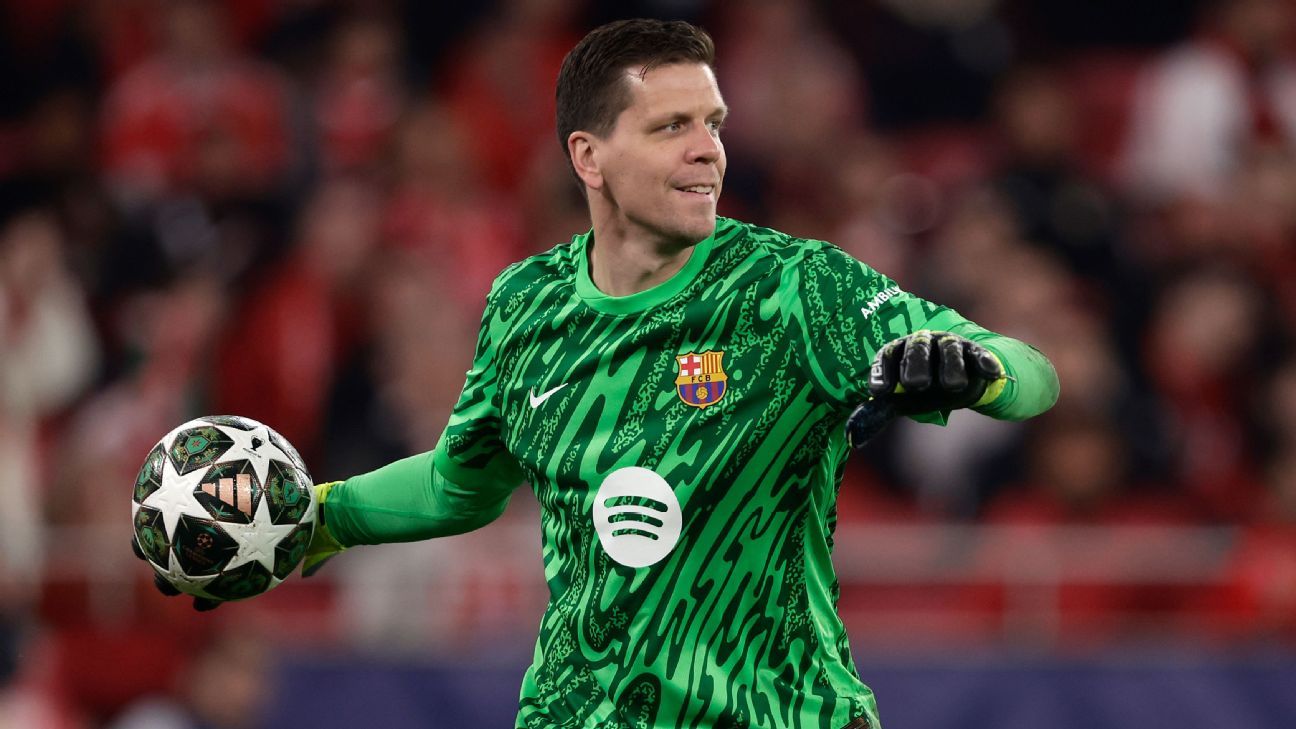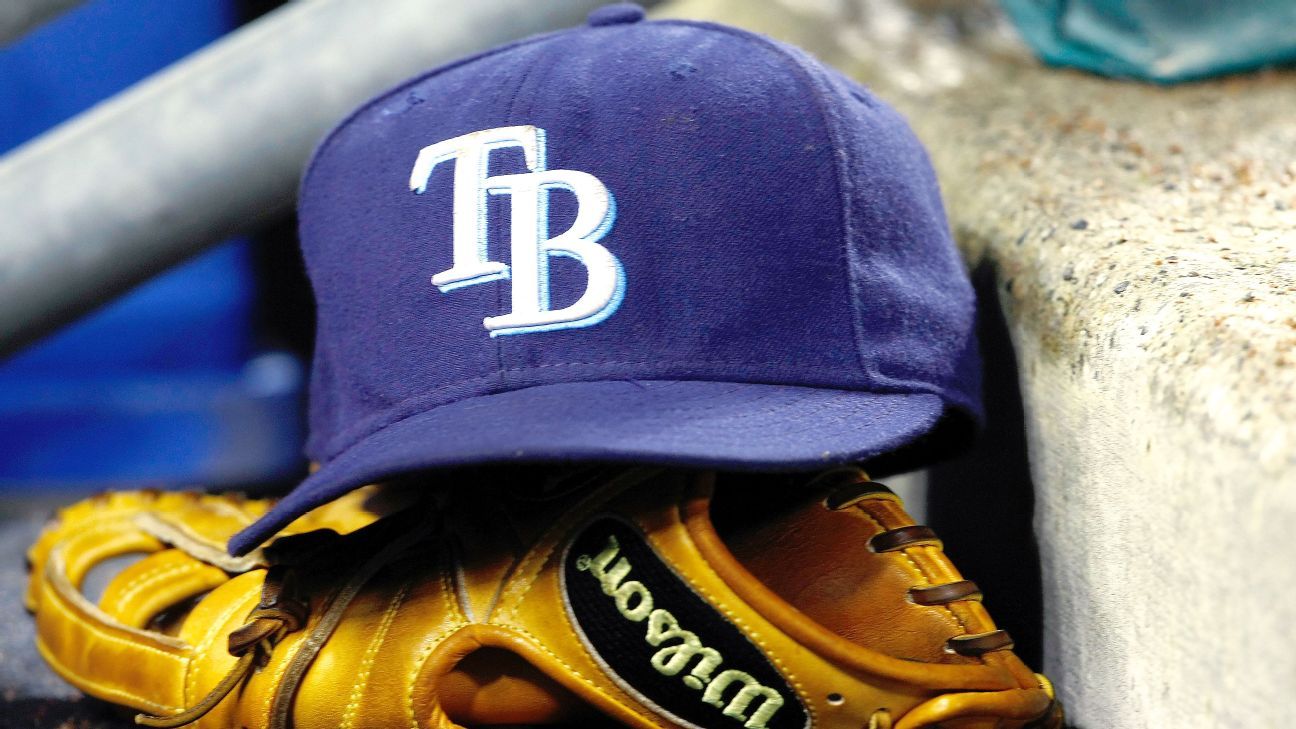
British 800m man explains how much missing his big chance in the Olympic semi-finals hurt, but that next year he intends to grasp every opportunity
There were so many good things about Elliot Giles’ year. An explosive start to 2021 brought a British record indoors, while there was also a national title to celebrate in early summer. The big one, however, got away.
There had been much excitement around what the current group of British male 800m runners might be able to achieve in Olympic year but, when it came to crunch time in Tokyo, not a single UK representative reached the final. It was not how things were supposed to play out.
“I had made a plan and we executed that plan right up until the Olympic semi-final,” says the 27-year-old. “My coach and I sat down at the end of last season and agreed that the aim for the coming year was to learn how to run 1:44 from every position – from the front, the back or the middle.
“The idea was to try it in the indoors to get used to it and pull the standard up. I think I have run 1:44 [or better] eight times this year whereas in previous years I had just run it once or twice so I think we nailed that brief.”
Elliot Giles (Getty)
He adds: “Winning races in different ways is a skill. One thing that divides athletes is whether they panic or not. If you panic, you tense up and you have almost lost the race already. But if you can avoid panicking, stay calm and not react to others, that will give you the ability to win from different places. But it is tough.”
Just how tough would become apparent in Japan. The 1:44 assignment was well and truly carried out with that record-breaking run of 1:43.63 at the Copernicus Cup in Toruń which saw Giles surpass the record which Seb Coe had held since 1983.
“I thought I would run 1:44 low,” says Giles. “I didn’t expect 1:43.6, especially not indoors. It’s really unheard of to run a 1:43 indoors. Perhaps I was just naïve and ran and ran!”
Before that excellent form could be taken into the outdoor season, however, injury struck. injured. “I tore my quad in Florida just when I was about to do my first track race,” says Giles. “Up until the end of the indoors I had had great consistency and then the injury happened and that hindered the start of the [outdoor] season.”
All appeared to be back on track when the British title and an Olympic place were secured at the end of June after a memorable contest with Ollie Dustin in Manchester. In Tokyo, Giles then finished third in his heat to ease comfortably into the semi-finals.
He led that semi coming off the final behind but was reeled in and ultimately finished third in 1:44.74, agonisingly short of the 1:44.30 mark which would have brought a place in the final.
“In truth I was gravely disappointed,” he says. “I made my move a little too early and paid for it in the home straight. I had people come past me and I hadn’t had that happen for some time. You prepare for years and years for that moment and, in truth, I messed it up.
“The margins are so small, especially in the 800m. If you compare the 2017 World Championships 800m with 2019, not one person from the 2017 championships final made the 2019 final. That shows you how volatile the 800m is.
Ferguson Rotich, Peter Bol and Elliot Giles (Getty)
“I wonder if there is another event that you had entirely different athletes in World Championship finals two years apart? Apart from [David] Rudisha we haven’t had consecutive winners or repeat medallists.
“I think that comes back to the margins; you roll the dice, sometimes you’re lucky, sometimes you’re not. I haven’t hit the milestones that I wanted outdoors but I have been very consistent. I have been running well and my world ranking [fourth] shows that. I just messed up at the Olympics.”
With a number of major championships being crammed into next year’s calendar, the chances to atone will come thick and fast in 2022.
“My first objective is to go to the World Indoors and get a medal,” says Giles. “Not really to avenge what happened this year but just seeing it as a fresh start. My plan at the moment is to run 800m at the Worlds and Europeans and 1500m at the Commonwealths.
“I see no reason not to do all three because we train all year for racing. It is going to be six to seven weeks of racing but we do that anyway. It’s just like back-to-back training sessions. Training is harder than racing – the only thing that’s different is the emotional pressure.”
Elliot Giles wins the British 800m title (Mark Shearman)
Helping him to deal with that will be coach Jon Bigg.
“He looks at athletes holistically,” says Giles of his mentor. “He doesn’t just want to make you the best athlete but the best person you can be at the same time. That is why my life now is better and happier through being around him.”
They have also made significant changes to the training programme.
“I think the way we are training now is the reason that I ran so fast indoors,” adds Giles. “We only run four times a week and the rest is cross-training. John was brave enough to let me not do high mileage. I do 15-20 miles a week in the summer and 15-25 in the winter.”
It’s a recipe which Giles will hope brings him success, yet he is very aware that the likes of Jamie Webb, Dan Rowden, Oliver Dustin and Kyle Langford will be just as motivated and looking for selection.
“The competition between us is great,” adds Giles. “It has fuelled me massively. I realised that I had to step up and I think that is why I ran so well indoors. There are some young guys who are pretty hungry as well as the older guys like myself.”
It should all make for another eventful year.















 Phone: (800) 737. 6040
Phone: (800) 737. 6040 Fax: (800) 825 5558
Fax: (800) 825 5558 Website:
Website:  Email:
Email: 






